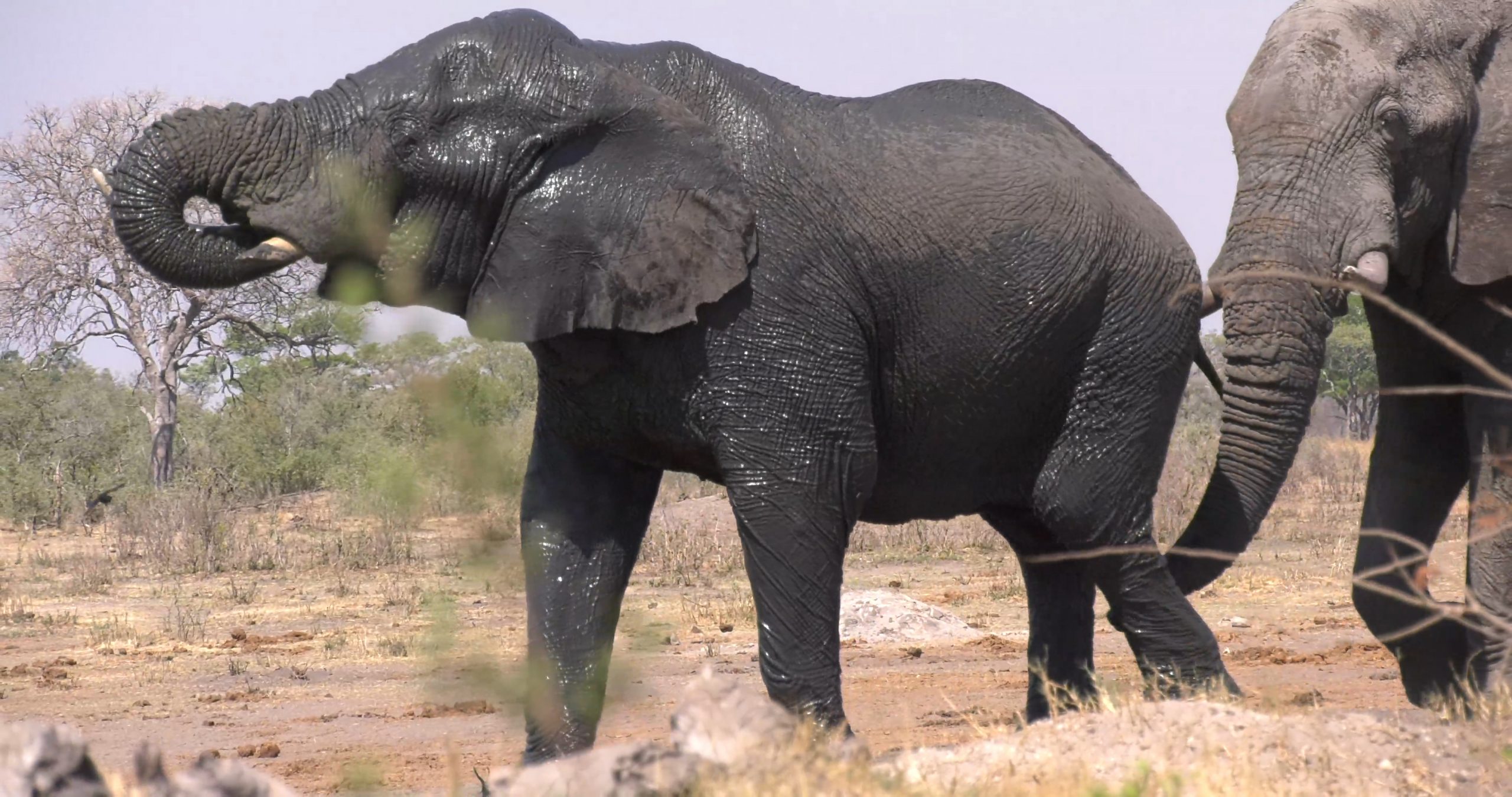Below is a quote from the State of Wildlife Economy in Africa Report from the School of Wildlife.
“Living natural resources contribute to local, national, regional, and global economies through tourism, forestry, hunting and fisheries, ecosystem services, and other wildlife economy activities.
They also contribute to human health and wellbeing through the provision of clean air, potable water, and natural food.
With growing human populations, developing economies, and the increasing demand for natural resources, it is ever more important to understand the significant contributions being made by wild resources and the importance of investing in these resources.
Africa’s wild resources – both its wildlife and its natural landscapes – should be recognized for their economic, livelihood, and health contributions.
This includes ecosystem services that benefit industries, such as agriculture and commercial forestry which are, therefore, directly linked to wild resources.”
Preservationists would have us believe that wild places should somehow be placed in a vacuum, separated from the rest of the world untouched by the human hand.
The reality is this belief is totally unrealistic.


